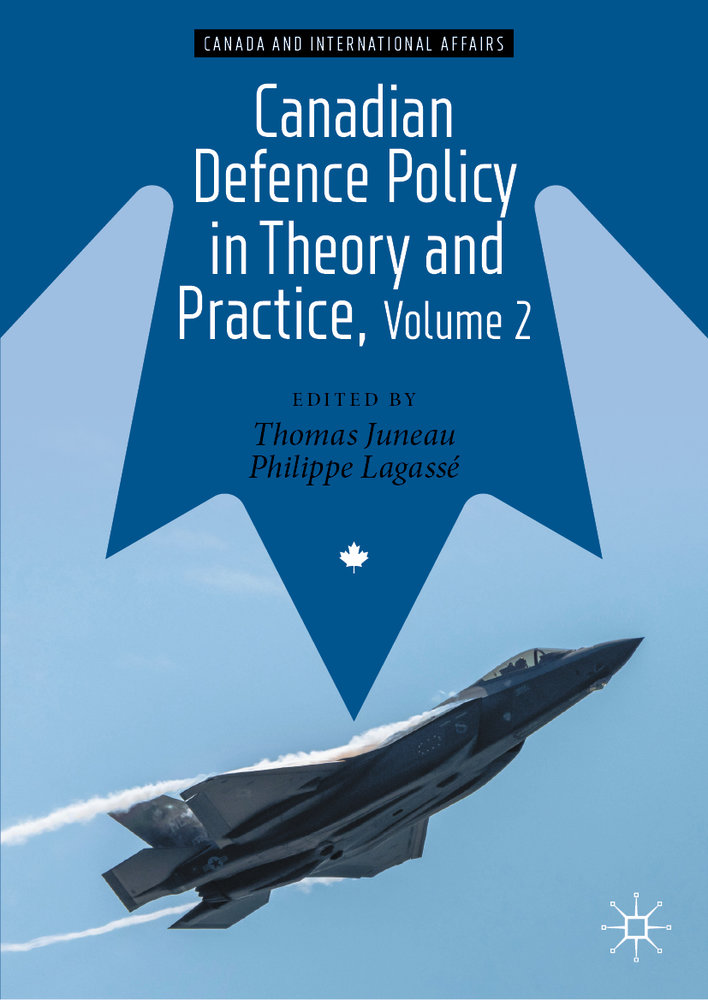"Canada desperately needs a lot more, better informed, public discussion of national defence and security issues. The consequences of insufficient attention to this critical field of public policy are unfortunately apparent every day. This book will be an invaluable aid to anyone looking to take part in an increasingly urgent debate."
-Gordon Venner, former Assistant Deputy Minister (Policy), Department of National Defence.
"Canada's security context has changed dramatically since the release of Strong, Secure, Engaged and our armed forces are poorly adapted to respond to the myriad new threats posed by revisionist autocracies, disruptive technologies or climate change. The expert insights gathered by Juneau and Lagassé should be required reading for elected leaders, policy makers, military and civilian security practitioners to gain an understanding of the most important issues that must be addressed in order to reconstitute the Canadian Armed Forces and ensure that this vital national institution is fully ready to defend our security interests in the years to come."
-Lieutenant General (Retired) Guy Thibault, former Vice Chief of the Defence Staff, Canadian Armed Forces.
This edited volume, the second volume in this collection, provides a comprehensive overview of contemporary debates and issues in Canadian defence policy studies. The contributors examine topics including sexual misconduct and the crisis of defence culture, personnel retention in the CAF, the impacts of climate change, NORAD modernization, policy trade-offs in the wake of the war in Ukraine, defence spending, procurement, as well as the defence policy making process.
Thomas Juneau is Associate Professor in the Graduate School of Public and International Affairs, University of Ottawa, Canada.
Philippe Lagassé is Associate Professor and Barton Chair in the Norman Paterson School of International Affairs, Carleton University, Canada.


